Today, there are interesting updates from the Mediterranean Sea.
Here, a series of explosions involving Russian shadow fleet oil tankers has emerged, suggesting targeted sabotage aimed at undermining Russia’s illicit oil trade and attempts to undermine Western sanctions. Despite no one directly claiming responsibility, the clear pattern of these events suggests that perhaps the Ukrainian intelligence service is behind these destructive strikes.

The latest incident occurred recently and involved the Vilamoura, a Marshall Islands-flagged tanker transporting over a million barrels of Russian crude oil. Approximately 150 kilometers northeast of Libya, the vessel suffered a significant explosion in its engine room, causing extensive damage and operational shutdown, with the crew of the ship later being evacuated. Ukrainian intelligence identified the tanker as linked to Russia's clandestine oil operations, or in other words, the Russian shadow fleet.

Previously, in March, the Andromeda Star, another shadow fleet tanker, experienced a similar explosion near Denmark. The blast in its engine room severely impaired propulsion and navigation, resulting in a collision with another unnamed vessel. Authorities initially labeled it a mechanical failure, but suspicions quickly arose regarding deliberate sabotage due to the vessel’s involvement in sanctioned activities.

February saw two notable incidents.

In northern Italy, the tanker Seajewel suffered dual explosions in rapid succession, initially in its engine room, then in its cargo hold, causing severe damage and sparking a prolonged fire. Italian investigations later indicated the use of a magnetic underwater explosive, or a limpet mine.


Later that month, the Grace Ferrum was similarly attacked off the Libyan coast, creating a substantial hull breach and causing significant oil spillage.

January marked the year's first event, with the Seacharm exploding in a Turkish port. The explosion in its fuel storage compartment ignited extensive fires, destroying the cargo. Turkish authorities swiftly handled the blaze, but evidence strongly indicated deliberate sabotage intended to disrupt Russian oil exports.

These coordinated attacks strongly suggest sophisticated sabotage operations. Analysts speculate about several possible methods, including divers covertly planting limpet mines on hulls during docking, which could trigger unexpected explosions later while the ship is at sea. Another option is by infiltrators discreetly placing explosives aboard during routine maintenance or intelligence service operatives bribing trusted crew members to conceal and detonate explosive devices once offshore. These tactics maximize operational disruption while minimizing detection risks.


Executing such sabotage requires strategic planning and robust logistical networks. Ukrainian special forces, already active globally, including in Africa to counter Russian influence, could utilize NATO-friendly naval bases in countries like Poland, Turkey, or Romania as covert staging grounds. These bases facilitate rapid deployment, logistical support, and operational cover, critical elements for successful maritime sabotage.

Ports with weak security measures, prevalent corruption, or both, such as those in Libya and Syria, would also be ideal infiltration points. Minimal oversight and easily bribed officials create favorable conditions for planting explosives. Targeting vessels in these strategically vulnerable ports reduces the need to infiltrate numerous locations, ensuring operational efficiency along known Shadow Fleet trade routes.

The cumulative impact of these sabotage operations severely threatens Russian shadow fleet activities. With six confirmed incidents already in 2025, a clear and alarming pattern has emerged. Russian tankers can no longer assume safety at any point in their transit, significantly increasing operational risks. Coupled with intensified international sanctions and stricter maritime control, especially in Northern Europe, these repeated acts of sabotage are likely to compel companies involved to reconsider their support for Russian operations.

Furthermore, most shadow fleet vessels operate without insurance due to sanctions and illicit status, meaning that owners face immense financial risks if their ships are targeted. Once a vessel is identified and blacklisted, any sabotage-related damage is the owner's own direct financial responsibility. Owners unwilling to risk their ships being targeted by Ukraine, and therefore refusing to aid in Russia’s shadow fleet operations, will reduce the number of available ships substantially and complicate Russia's efforts to export oil via covert means.

Overall, while direct evidence of Ukrainian intelligence involvement remains absent, the increasing frequency and sophistication of these sabotage incidents strongly align with Ukraine's interests. Their regularity and precision highlight meticulous planning and effective execution, significantly impairing Russia’s capacity to circumvent international sanctions. This targeted disruption systematically undermines Russian oil exports, delivering a substantial strategic advantage to Ukraine by crippling Moscow’s essential revenue streams, which directly finance its ongoing war efforts.



.jpg)

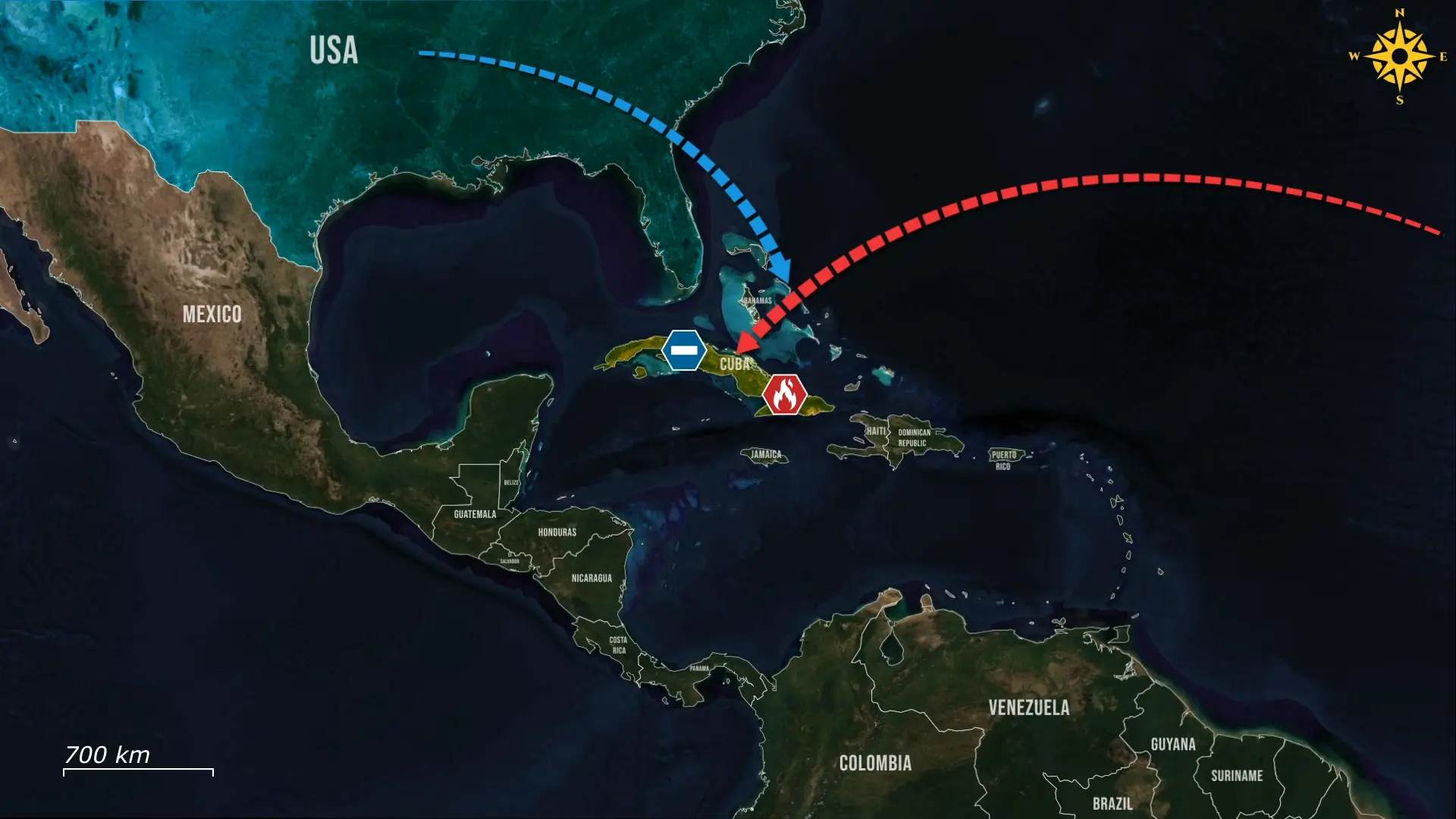
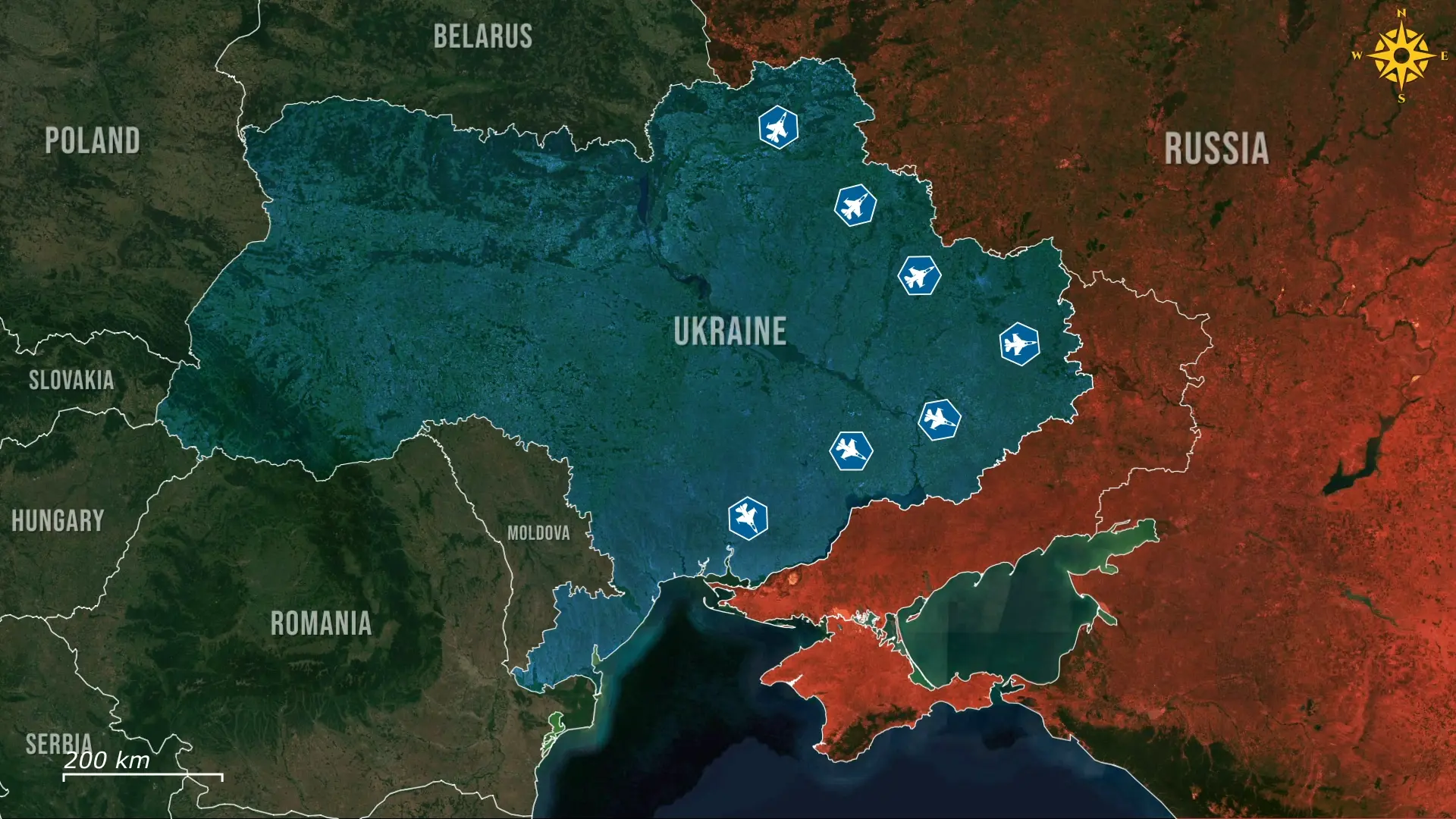
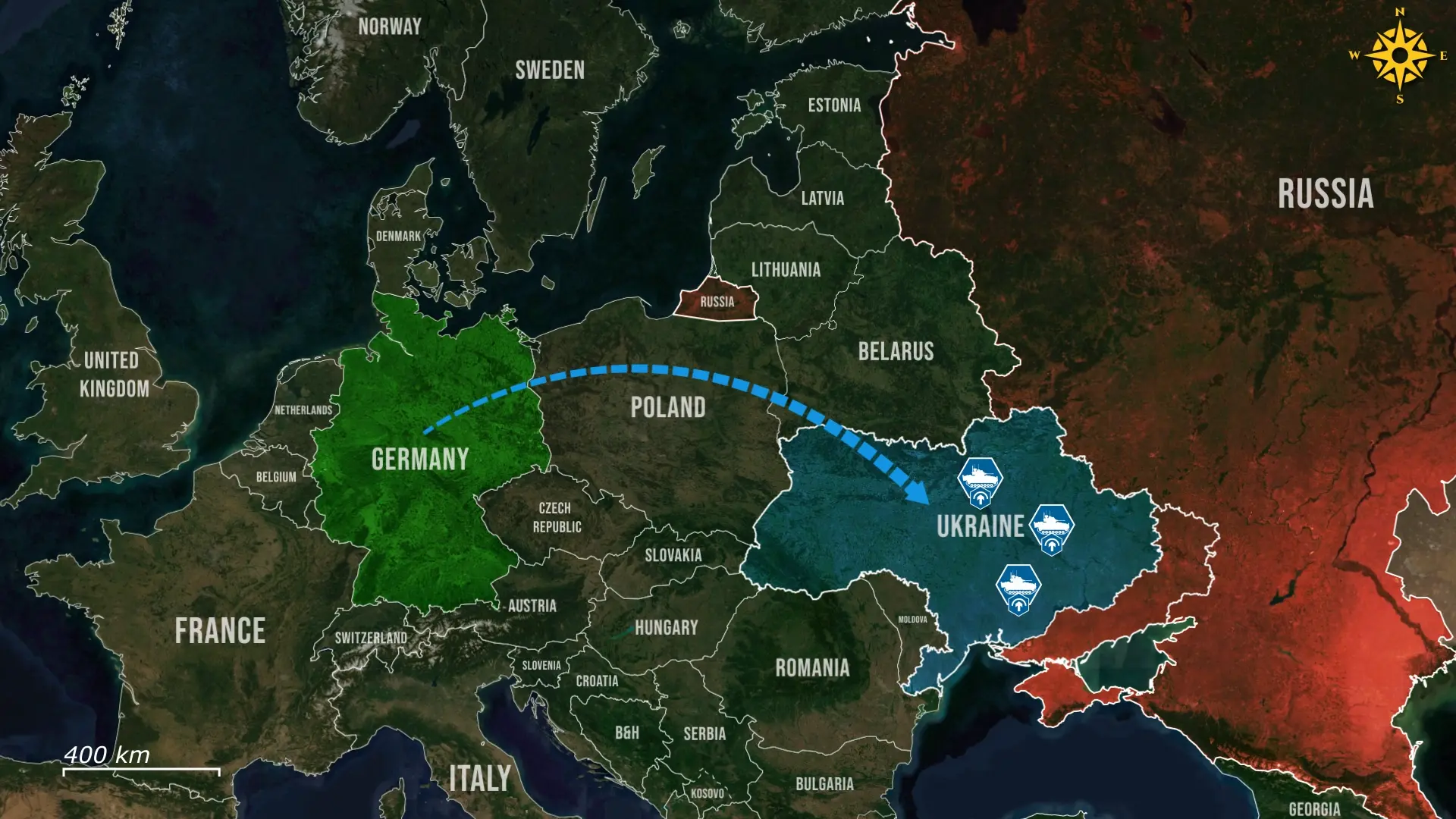
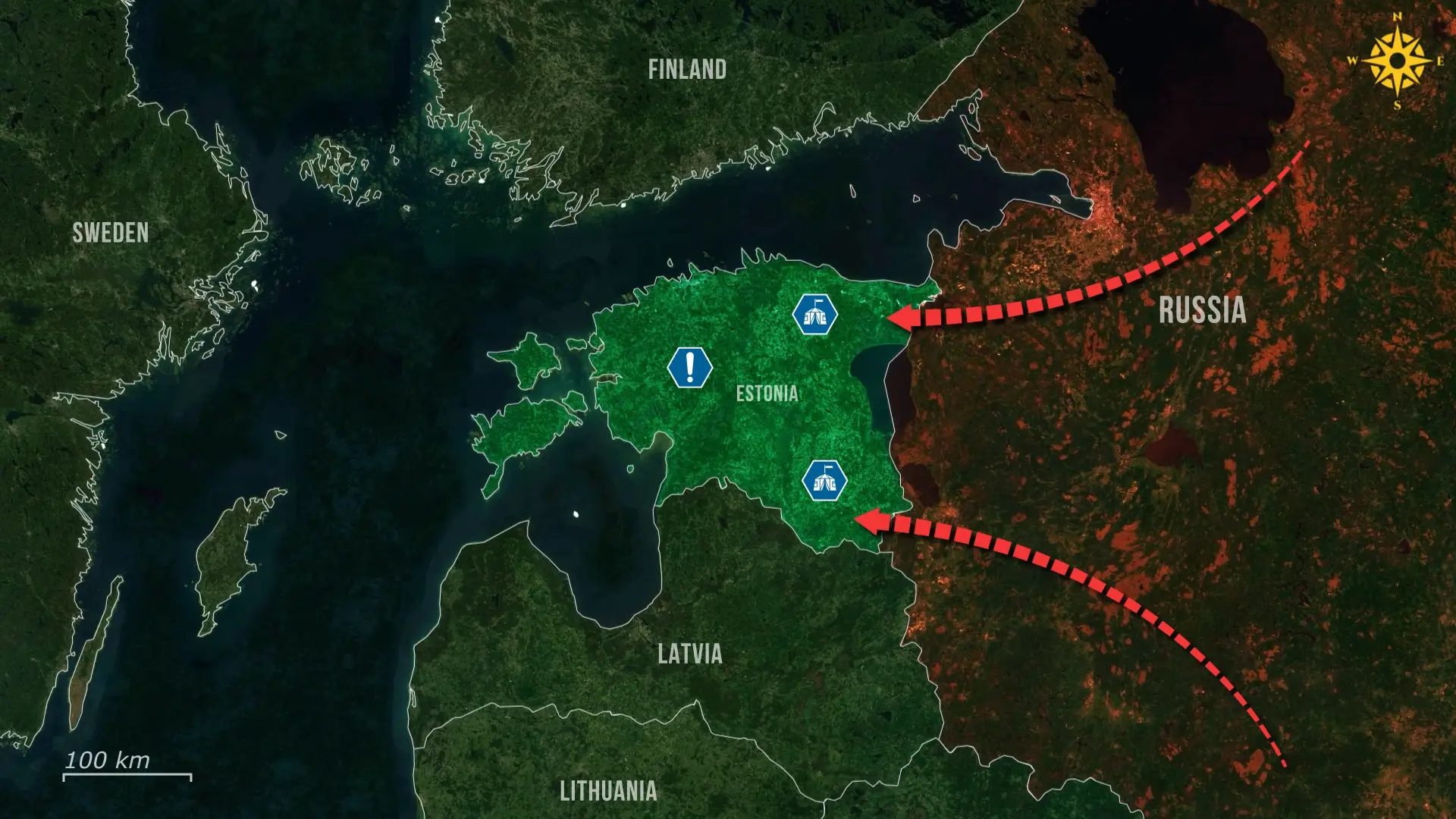
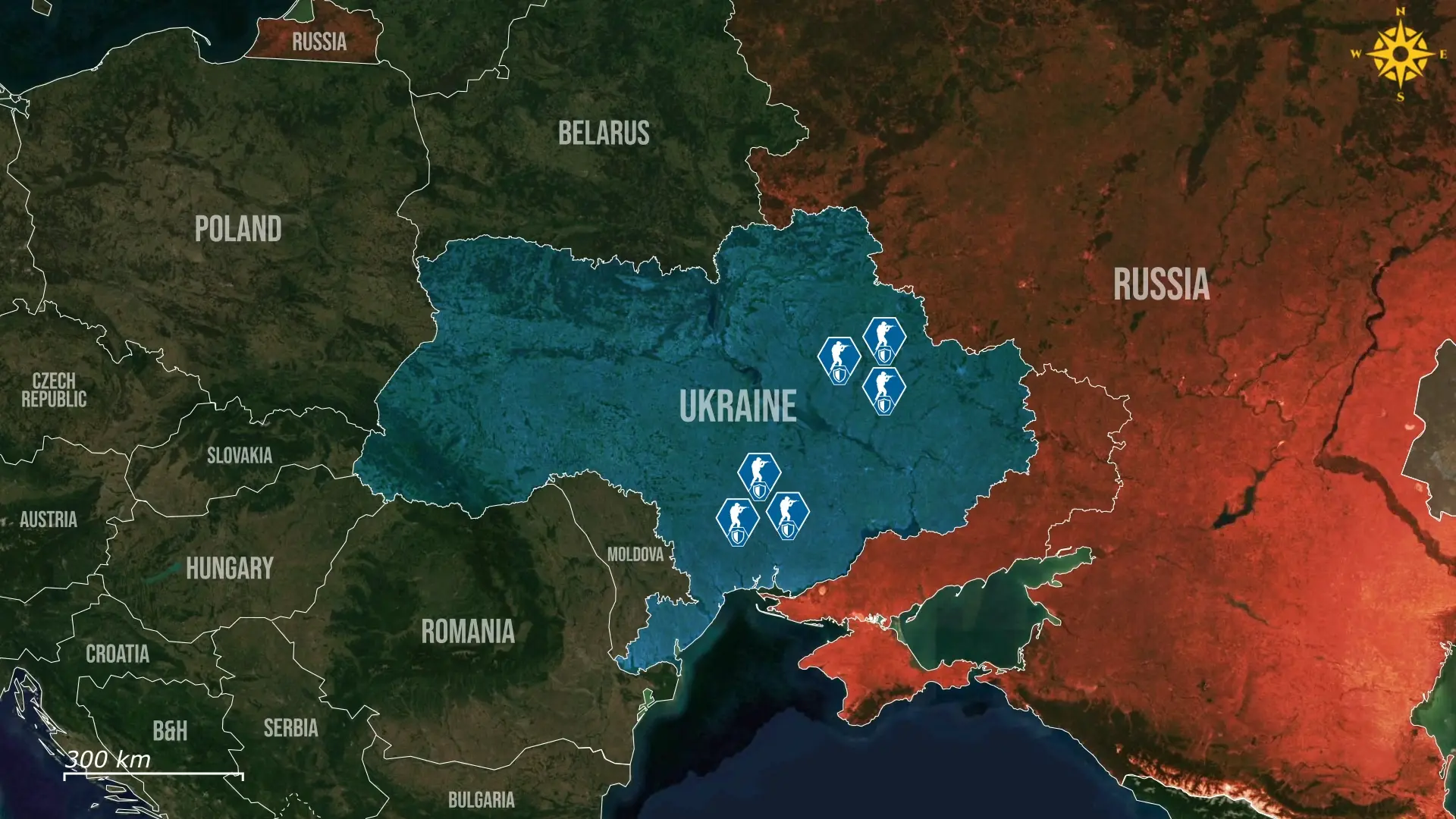


Comments